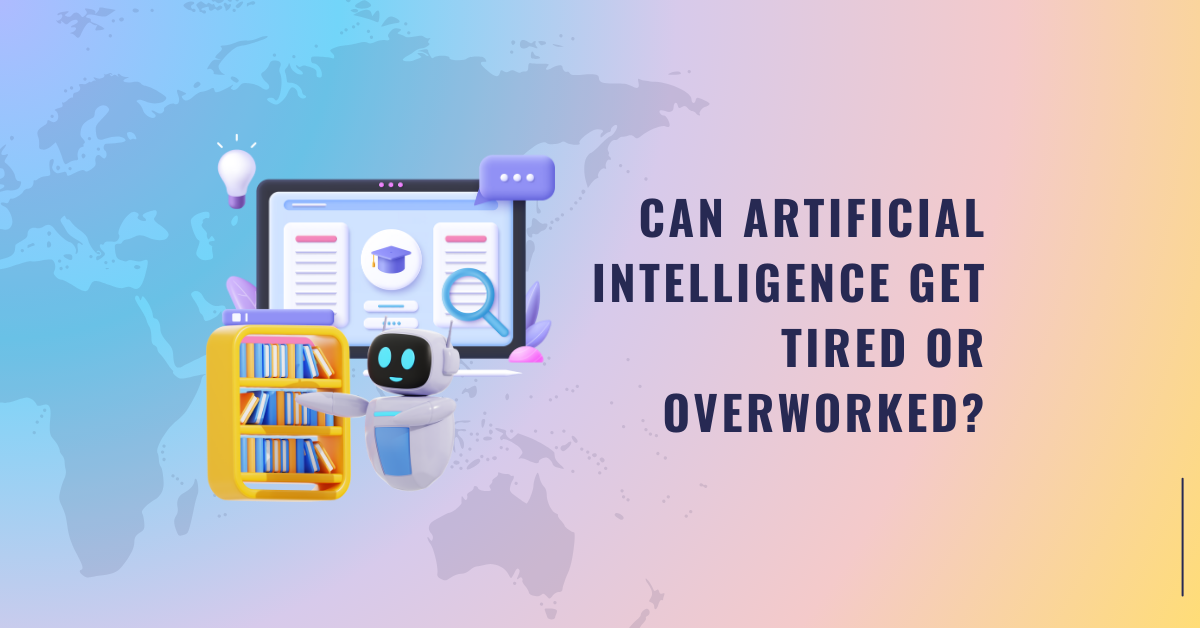
Artificial intelligence (AI) has revolutionized industries with its ability to process data, automate tasks, and learn from experience. But as robust as AI may seem, it isn't infallible. Although it doesn’t “get tired” in the human sense, AI can face scenarios that resemble being overworked, leading to inefficiencies, errors, or even system breakdowns. Let's dive into how this phenomenon occurs and why it matters.
1. Overloaded Systems: The AI Equivalent of Fatigue
When AI systems are burdened with excessive data or simultaneous requests, their performance can degrade. This is similar to how a person might slow down or make mistakes when juggling too many tasks at once.
Example: An online chatbot overwhelmed with a spike in user queries during a major sale event may slow down, misinterpret user intent, or crash entirely. Companies often use load balancing to mitigate such risks.
2. Algorithmic Limitations: Straining Beyond the Training
AI models are only as good as their training data and design. Pushing them beyond their boundaries can lead to inaccurate or irrelevant outputs, much like how overextending ourselves can reduce our effectiveness.
Example: A facial recognition system trained primarily on specific demographics may fail or show bias when exposed to more diverse populations, creating ethical and functional issues.
3. Hardware Constraints: Physical Limits of AI Systems
AI requires immense computing power, particularly during processes like deep learning or real-time analysis. Hardware components, such as GPUs and CPUs, can overheat or wear out with continuous use.
Example: AI models running 24/7 to analyze stock market trends might cause servers to overheat, resulting in system failures. Regular maintenance and cooling systems are essential to avoid such issues.
4. Ethical Overwork: AI Without Oversight
Sometimes, the overwork isn’t physical but ethical. Over-reliance on AI for critical tasks without sufficient monitoring can lead to errors or unintended consequences.
Example: An AI used to screen resumes might inadvertently favor certain candidates due to biases in its training data. Without human oversight, these biases can perpetuate and harm organizational diversity efforts.
How to Prevent AI Overwork
Optimize Workloads: Distribute tasks across multiple systems to prevent overloading.
Enhance Training: Continuously retrain AI with diverse and updated datasets to address limitations.
Maintain Hardware: Regularly service hardware to ensure it operates at peak performance.
Human Oversight: Keep humans in the loop to validate AI outputs, especially in sensitive applications.
Understanding how AI systems can be "overworked" helps organizations better manage their resources and ensure reliable performance. It also underscores the importance of ethical AI use, where human judgment complements machine efficiency.
Comments (0)
Categories
Recent posts
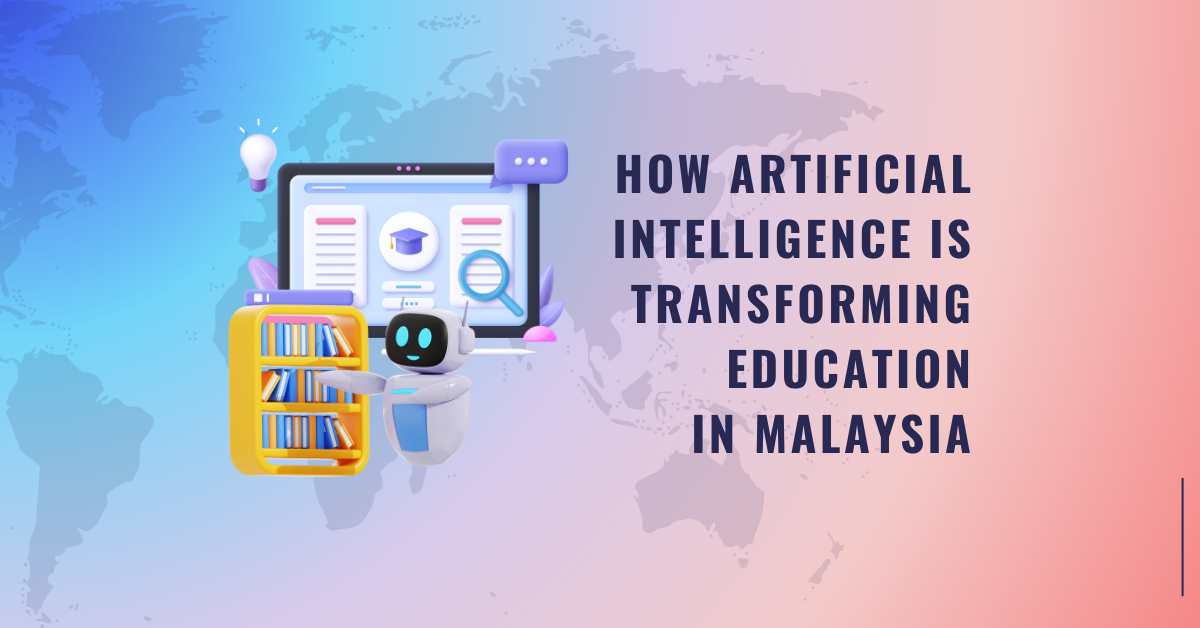
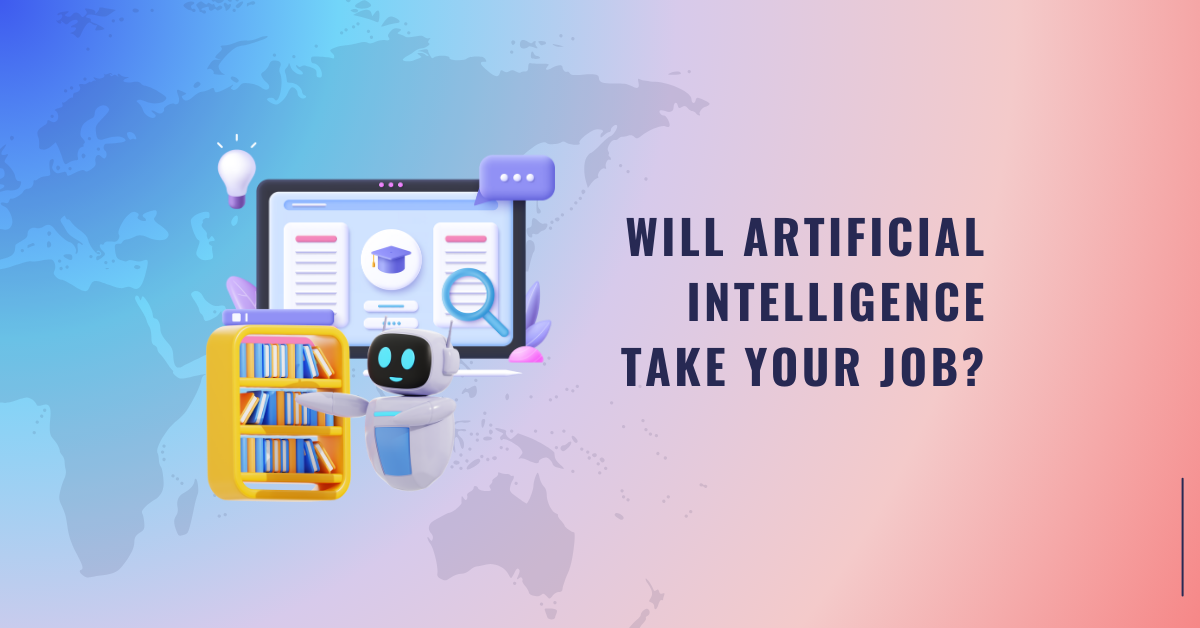
Will Artificial Intelligence Take Your ...
17 Dec 2024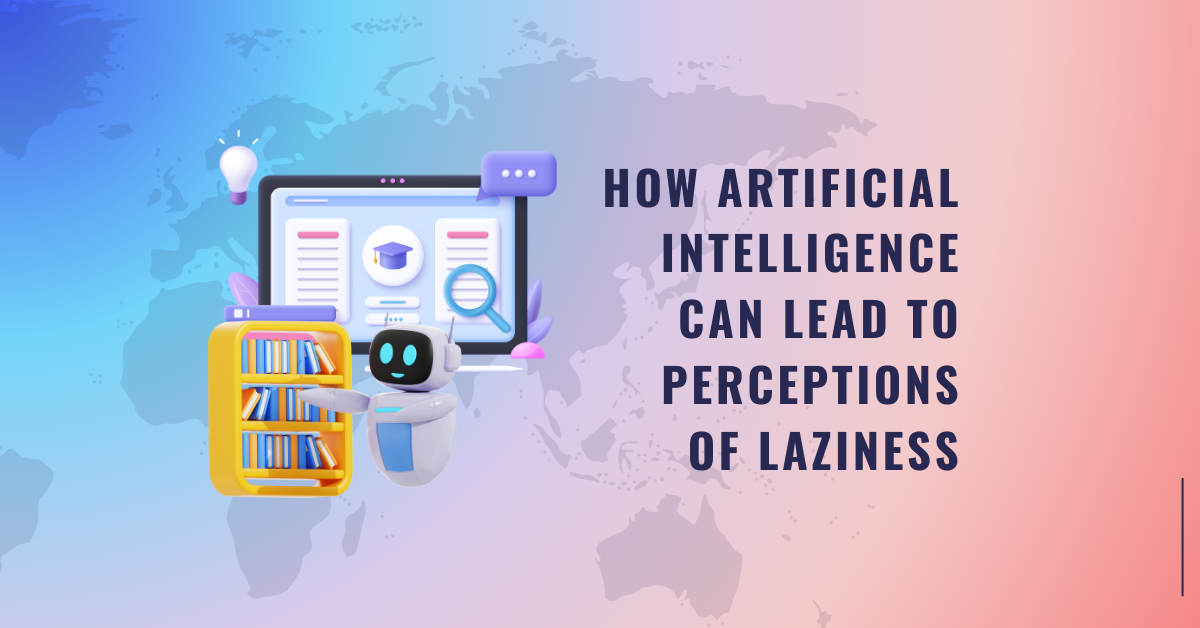
How Artificial Intelligence Can Lead to ...
9 Dec 2024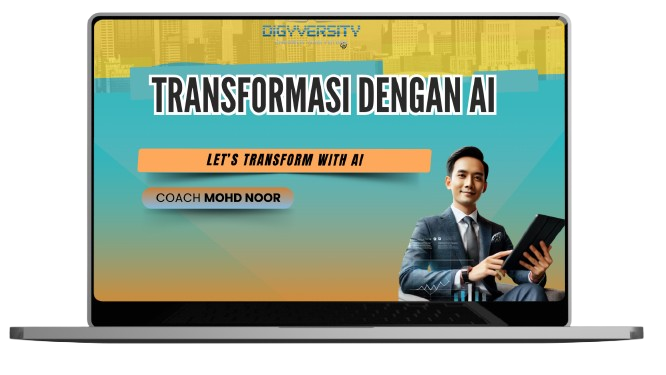
5 Kelebihan Upskill Dengan Kemahiran AI ...
20 Nov 2024




